What is biochar?
Biochar is a sustainable farming technique used to help improve soil quality. Biochar is made by the following process: heating biomass (wood, manure, crop residues, solid waste, etc.) with limited oxygen in a specially designed stove or kiln. Biochar is used to improve the soil’s water holding capacity and helps with increasing nutrient holding capacity.
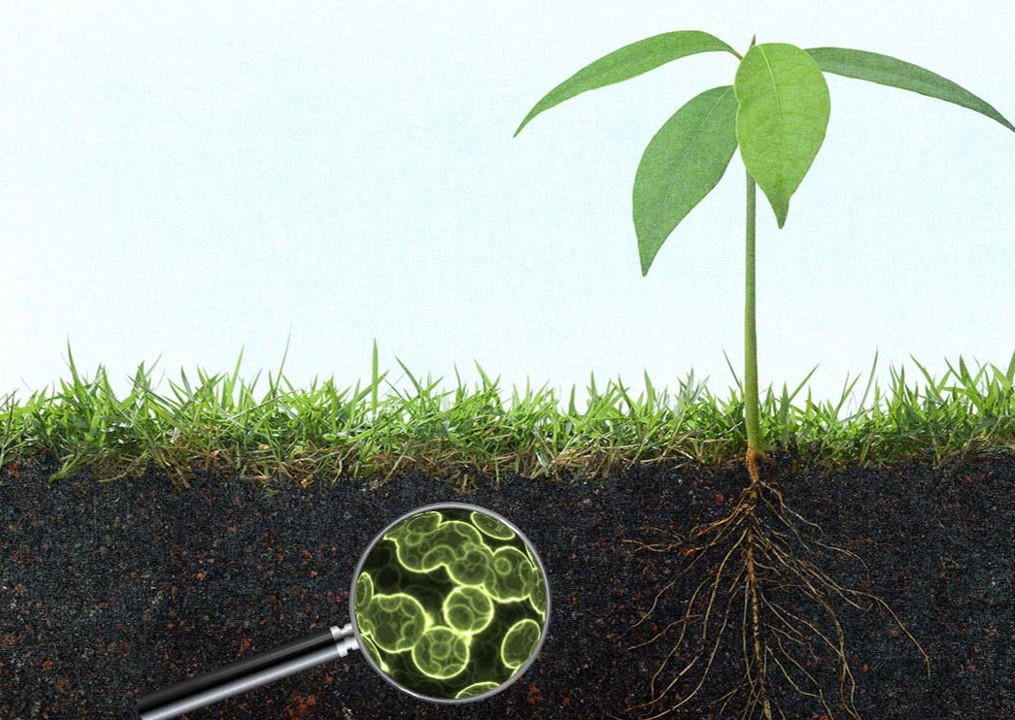
Increases nutrient holding capacity
Biochar has negative electric charge on the surface of its porous structure, attracting positive ions such as calcium, magnesium and potassium. Biochar helps soil hold more nutrients and release them gradually. It contributes to steady supply of nutrients to plants over a longer time period, which typically affects plant growth in a positive way. Moreover, by preventing nutrient loss, farmers can reduce the amount and/or frequency of fertilizer use.
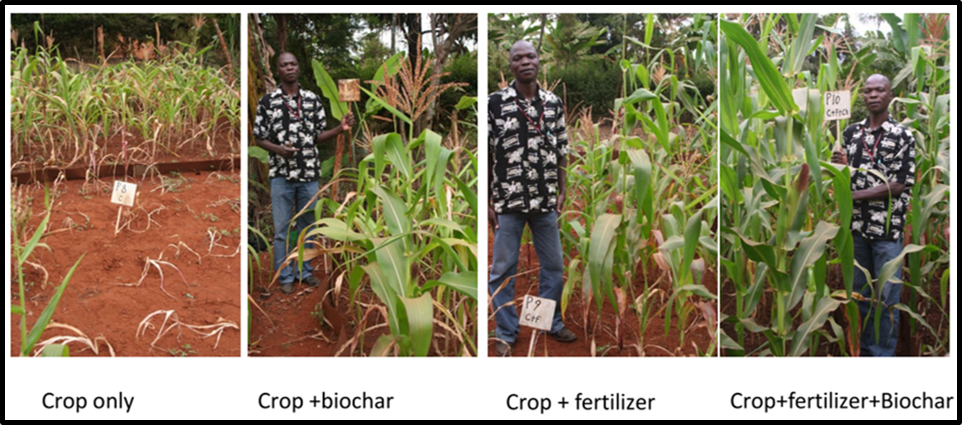
Activates and promotes soil microorganisms
Biochar changes the soil microenvironment and affects the soil microbial community by promoting soil aggregation (binding together). Because of this advantage, biochar can be used as a compost accelerator. By mixing biochar into the composting process, more nutrient-rich compost can be made within a shorter period.
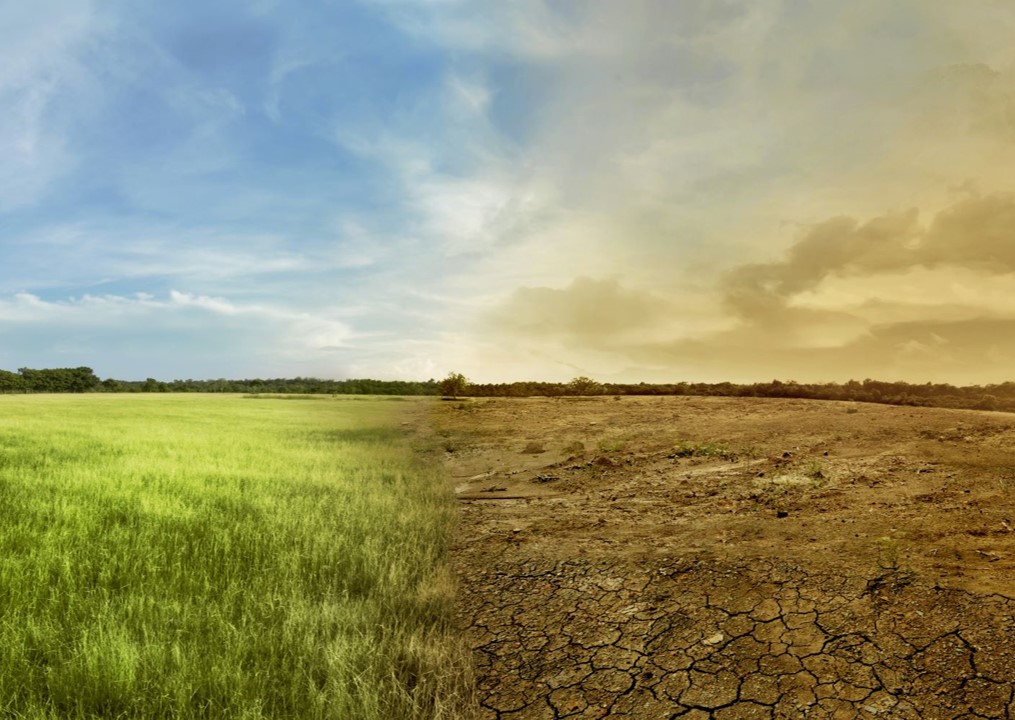
Neutralizes acidic soil
In arid and semi-arid lands, soil pH tends to be acidic. Under such conditions, nutrients become much more difficult for most plants to absorb from the soil. Since biochar is typically slightly alkaline, it neutralizes acidic soil and increases plant-available nutrients. Plants are able to absorb a wider range of nutrients more easily which contributes to better plant growth.
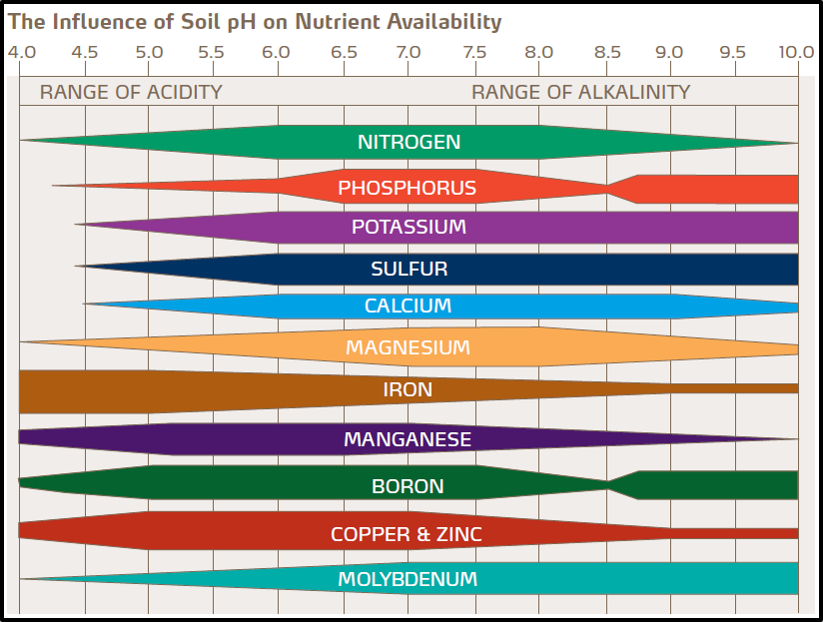
How to activate biochar with animal manure:
1. Make your biochar wet, liquids help the nutrients move. Pour water over the biochar pile until it starts leaking out.
2. Mix the manure and the biochar well. The ratio of manure to biochar should be around 1:1. The mix should turn out moist, you can add more water if it is dry.
3. Let mixture sit for a while so the nutrients from the manure can soak into the pores f the biochar.
Note: You can use manure of any livestock. However, to avoid the possibility of transmitting disease never use human waste.
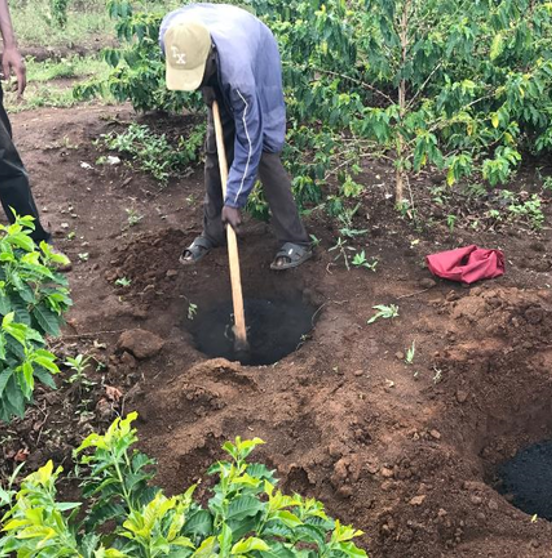
Always practice good sanitation after handling any kind of manure.
We are seeking funds to create kilns for locals in the community to make additional biochar. We believe this will increase yields for farmers, enrich soils and generate more food for local communities.

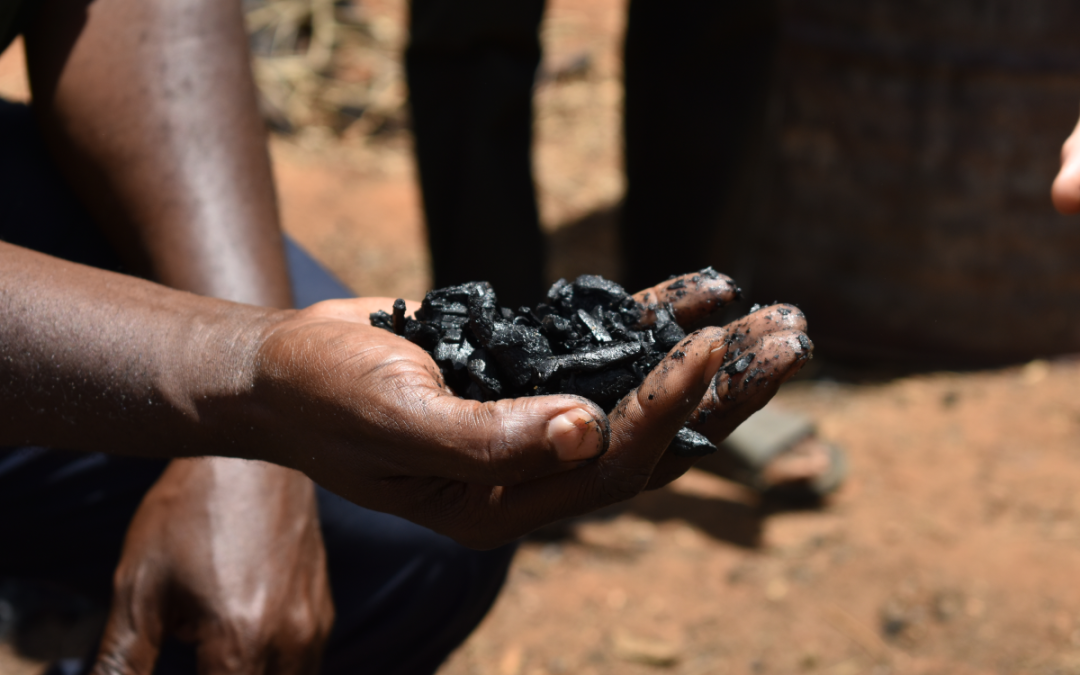
Good progress towards improvement of the local small scale farmers.
Am a masters student carrying out studies in the same area of biochar for crop production in Kenya.
Kindly, if the information from the farmers field before and after using biochar can be collected and published in a scientifically for the whole world. Am willing to be part of the team however I don’t have finances to support but am willing to work with the team to collect data and publish a scientific paper.
Contact me for more information.